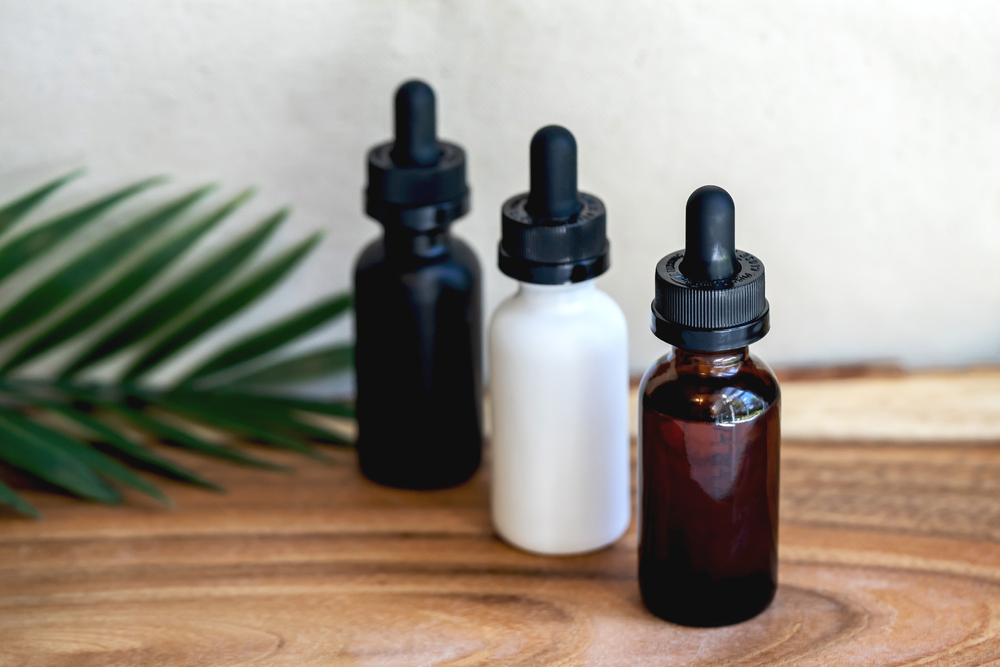Education
CBD Tincture vs CBD Oil and Hemp Oils – What’s the Difference?
Today, the CBD market is saturated with amazing products such as CBD oils and CBD tinctures. They are widely used for their benefits and healing properties, ranging from pain and inflammation relief to stress reduction.
Still, you may wonder if both these terms describe the same product.
The answer might surprise you. They don’t. But don’t worry, it’s a common mistake to make! Many people use these terms interchangeably, confusing other users who are looking to try these products.
Fortunately for you, CBD tinctures and CBD oils are exactly what we will be discussing today.
Keep on reading to discover what CBD tinctures are and how they differ from standard CBD oils!
What is a CBD Tincture?
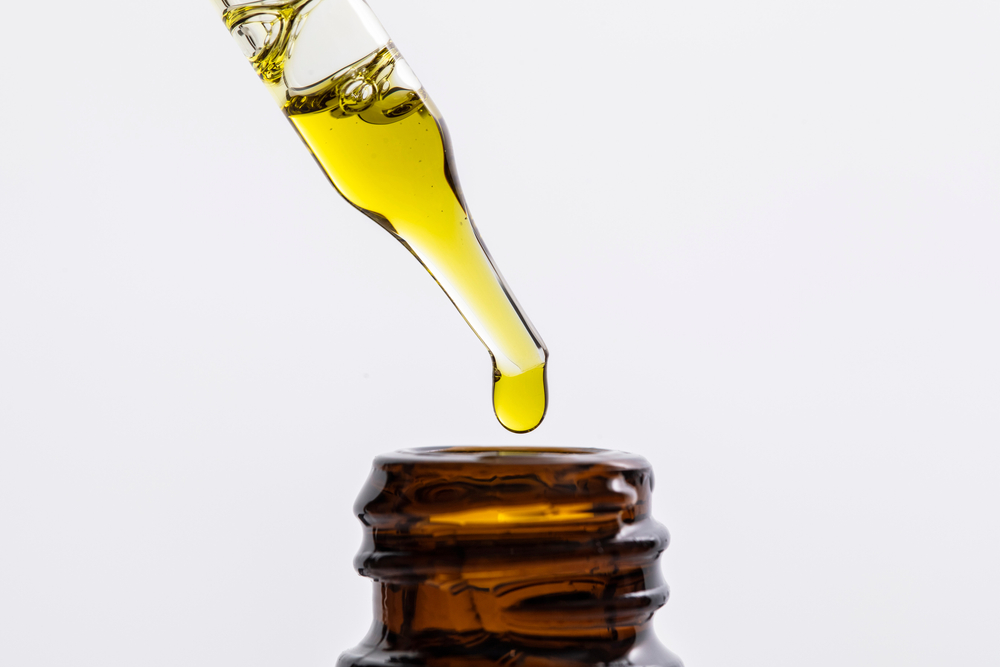
A CBD tincture is a liquid product packed with cannabidiol (CBD) extracted from the cannabis plant.
CBD tinctures come in broad-spectrum, full-spectrum and isolate formats.
A full-spectrum CBD tincture contains the full-spectrum of cannabinoids and terpenes found inside the cannabis plant.
Broad-spectrum CBD tinctures may still contain other cannabinoids like THC, but they generally focus on CBD. This major difference is also similar to the difference between broad and full-spectrum CBD oil.
Finally, there is CBD isolate, crystalline powder that contains only CBD.
How is it Made?
What makes CBD tinctures unique is the use of alcohol or ethanol. While other CBD oils are made using solvents like butane or CO2, these products use high-proof alcohol to create a liquid product with an excellent shelf life.
First, the producer steeps the cannabis (or hemp) plant material in alcohol or other solvent mixture.
After the alcohol has extracted the CBD compounds, the plant material is removed. From here, the alcohol is allowed to evaporate into the air, leaving no traces behind.
CBD Tinctures & Their Benefits
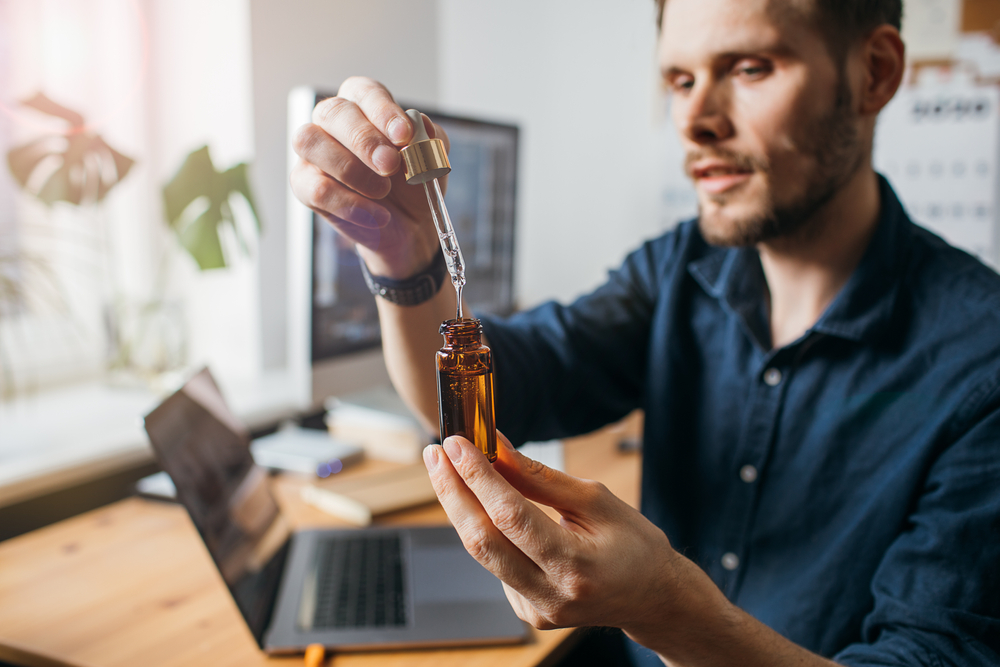
Tinctures provide better CBD bioavailability compared to products such as drinks, gummies and capsules. Studies found that the bioavailability of ingested CBD is roughly 13-19% while using a tincture has a bioavailability of 20-30%.
In other words, tinctures are incredibly efficient at delivering CBD compounds to your bloodstream.
This also means that you gain more benefits from your cannabidiol products.
For instance, consumers and patients use CBD to help alleviate symptoms like pain, insomnia, inflammation and anxiety. There is also evidence that CBD helps reduce the symptoms of epilepsy and other seizure-related conditions.
CBD appears to be neuroprotective, providing benefits in treating multiple sclerosis, Parkinson’s disease, Alzheimer’s disease, and more. Finally, the anti-inflammatory effect of CBD offers much for those who have arthritis and other inflammatory conditions.
Additionally, the benefits of tinctures include versatility and flavour.
Tinctures can be used in many ways by adding them to your meals and beverages, applying them under the tongue or even rubbing them onto your skin.
Finally, the flavour of tinctures is head and shoulders above others. You will not find a more enjoyable CBD oil out there than even the worst CBD tincture. This is due to the fact that the taste of CBD oil is off-putting for many users which is why many opt for different fruit-flavoured tinctures to avoid the bitter flavour.
Now, how do you use them?
How to Use Tinctures?
Tinctures are amazingly versatile! You can add them to most food or drinks – but make sure you add them after the food is heated and cooked not to ruin all of the CBD compounds.
You can also place a few drops under your tongue. If you can, hold the tincture here for several minutes.
Absorption is maximized when you take the tincture sublingually due to the very thin skin between the tincture and your blood vessels. Afterward, swallow the tincture to absorb what CBD compounds are left using your gut.
Finally, you can mix your tincture with a little bit of lotion and apply it to your skin.
CBD Oil Vs. CBD Tincture Vs. Hemp Oils
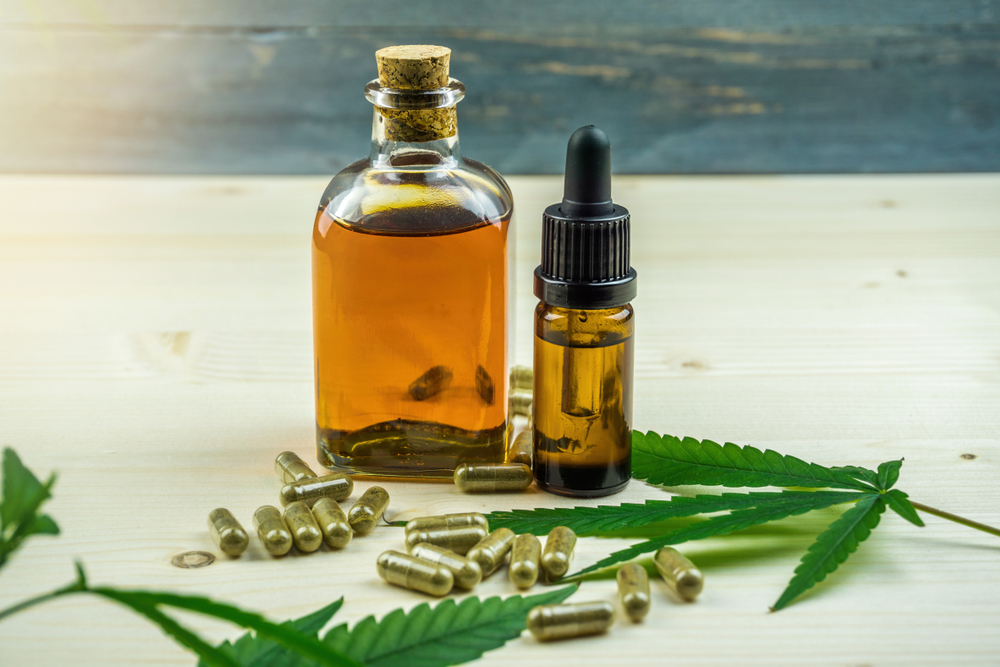
People often use the terms ‘Hemp oil,’ ‘CBD Tincture,’ and ‘CBD Oil’ interchangeably, but they are not the same.
Hemp oils, CBD tincture and CBD oil, are all generally made using industrial hemp. However, how they are made is a different story.
Hemp oil is made from hemp seeds that don’t contain any THC. In addition, it is most often used to describe cooking oil.
Alternatively, CBD oil comes from the flowers and leaves of the plant and is mixed with a carrier oil, while tinctures are made using alcohol. They do not contain added carrier oils but still come in liquid form.
Additionally, CBD tinctures can be added to food or drinks without ruining the meal, while CBD oil often comes with a thick earthy green taste that can affect the flavour.
Furthermore, tinctures can be found in various flavours and strengths to satisfy even the pickiest user.
Are CBD Tinctures Better Than Other Products?
The choice is entirely up to you! If you want to enjoy any of the benefits listed above, give tinctures a try!
Tinctures are great for patients who need precise, accurate, and high doses of CBD while also being fast and reliable.
However, tinctures also need to be applied under the tongue, so if you look for more discreet options to keep it on the down-low, CBD edibles are another option for you.
CBD edibles are ideal for those looking to dose any time, anywhere, without drawing unwanted attention. They look just like your regular sweets and pose an excellent ingestion method for medical patients who look for high doses of CBD.
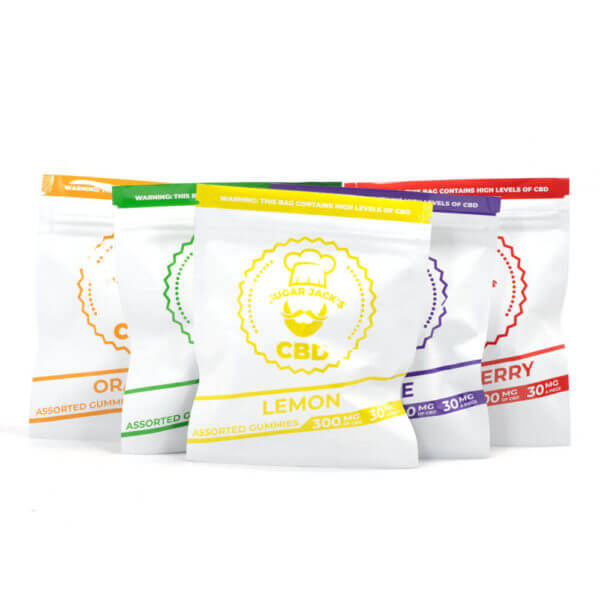
For example, our CBD gummies are accurately measured to ensure that customers receive the same dose every time and are made with real fruit, pure cane sugar and Manuka honey for you to medicate deliciously!
Enjoy!



